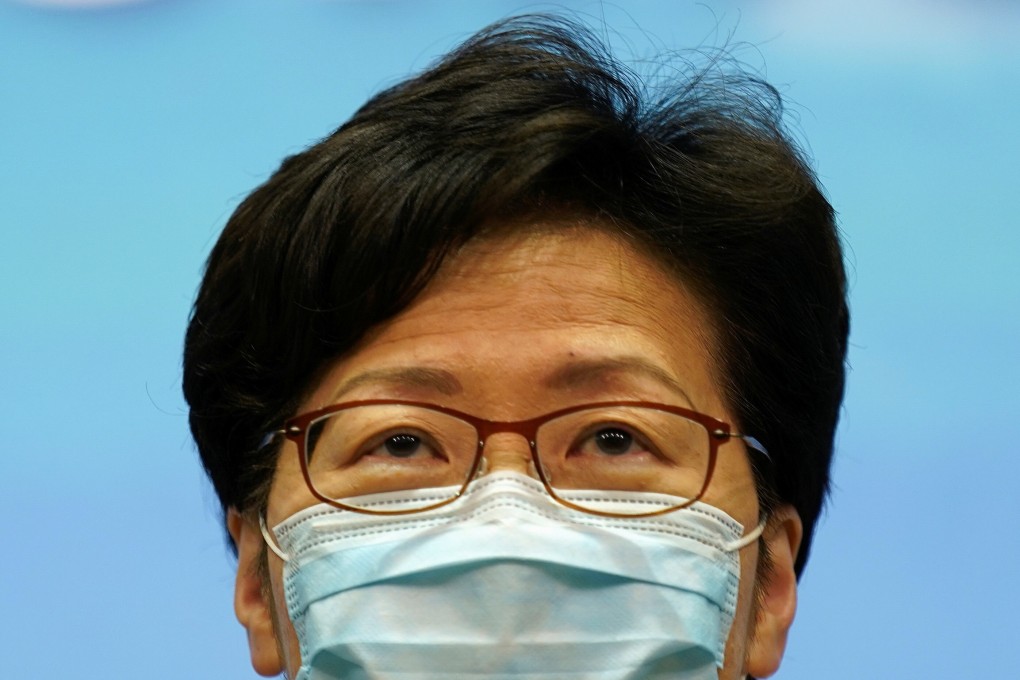Editorial | Separation of powers row shows need for checks and balances
- Carrie Lam says the concept common to some Western democracies has never applied to Hong Kong, and this has raised fears city safeguards are being watered down

Whether this concept common to some Western democracies applies to a special administrative region under China’s unitary system may continue to be an issue for wider discussion; but the arrangements for the executive, legislative and judicial branches to function separately under the Basic Law are a fact of life. The checks and balances of the three form an integral part of the city’s “one country, two systems” formula and must be upheld.
Lam’s view is indeed nothing new. Questions were raised as early as 2008 when Xi Jinping, the then vice-president, appealed for “mutual understanding and support” among the three branches during a visit to the city. The notion of separation of powers was further dismissed by former Beijing liaison office chief Zhang Xiaoming during a debate over the chief executive’s status in 2015. This was echoed by former chief executive Leung Chun-ying, who said the city never had full executive, legislative and judicial powers as in some Western states.
